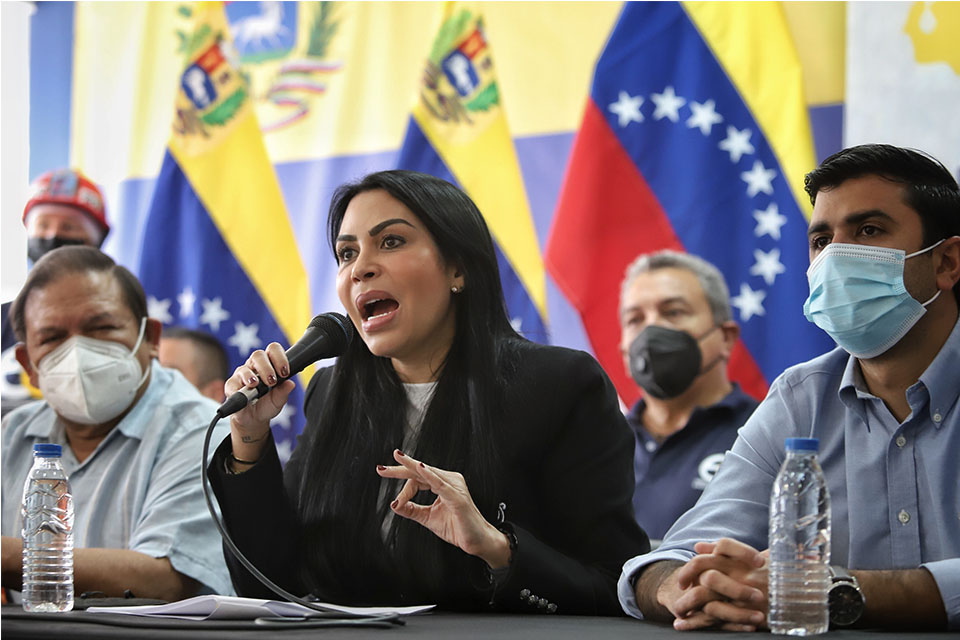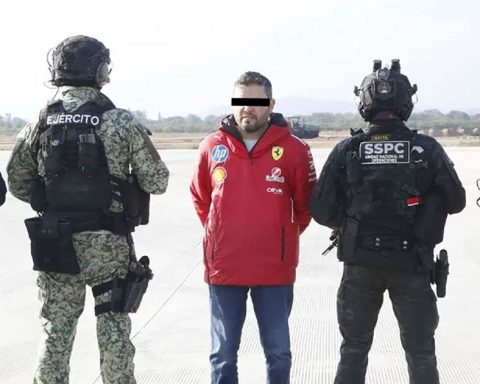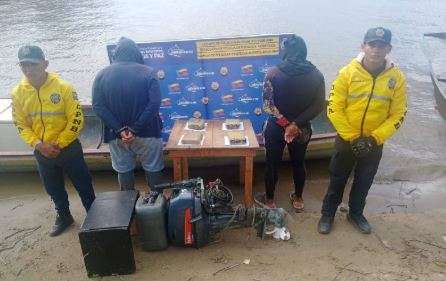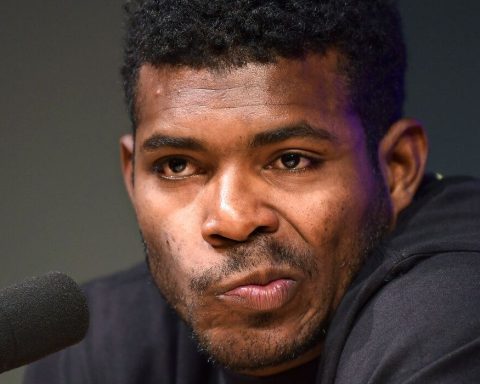Reading materials, training, talks, research calls and a 0800 for School Coexistence are some of the policies that the Ministries of the Interior and Education will implementwithin the framework of a signed agreement to work on “bullying” or violence between peers.
“Speaking of bullying or violence between peers is an opportunity to reflect on our ways of bonding and building life together, making the issue visible helps us understand the problem and think of ways to act so that girls and boys can enjoy their daily life. with respect and in democratic coexistence”, details a document from the Ministry of Education, to which Télam had access.
The different initiatives -some already active- that will be implemented and worked with the community, families and schools, were reported after the signing of a cooperation agreement and a specific one, held last Wednesday, between the Ministries of Education and the Interior, to work on the problem of “bullying” or violence between peers.
The signing of the agreement, made during the 120th assembly of the Federal Council of Education (CFE), is part of Law No. 26,892 on the Promotion of Coexistence and Approach to Social Conflict in Educational Institutions (2013)which establishes the bases for the promotion, institutional intervention and research and compilation of experiences on coexistence.
Guidelines are also provided for addressing social conflict in educational institutions at all levels and modalities of the national educational system.
From the signature of the agreement, activities will be carried out such as the preparation of educational materials, teacher training actions, calls for students and research projects.
A material aimed at schools, families and the community entitled “Let’s talk about Bullying. Violence between peers” will be disseminated, which is available on the site www.educ.ar/recursos/158386/hablemos-de-bullying-violencia-entre-pares and it was presented in its preliminary version before the ministers of Education of all jurisdictions.
Within the framework of the International Day Against Violence and Harassment at School, designated by UNESCO on the first Thursday of November, training and exchange activities will be carried out throughout that month for teachers, leaders and specialists from all over the country. .
While, sources from the educational portfolio confirmed to Télam that the free telephone line for School Coexistence is still active, 0800-222-1197“a resource that allows families, students, teachers and members of the community to report problematic situations that develop in the educational field”.
Through this tool, and in coordination with the Ministries of Education of all districts, “guidance is provided and intervention is provided in conflict situations.”
The educational psychologist and founder of the civil association Free from BullyingMaría Zysman, explained to Télam that the causes of bullying “are not in the person who is victimized”.
“These are ways to justify hate, jealousy, envy, lack of words, competition, rivalry, discrimination, racism, those are the real causes,” analyzed the author of the book “Bullying. How to prevent and intervene in bullying situations.
The specialist pointed out that the current complexity that the problem represents is due to “the models of beauty, success and achievement that are proposed to girls and boys that have to do, in general, with situations of disqualification or hatred.”
The situations in which cases of bullying or cyberbullying are detected, Zysman explained, are “excuses for those feelings that they find disqualifying in physical appearance, sexual orientation, origin, ways of speaking, use of scaffolding (braces, glasses )”.
And added that bullying has to do with a “search for meaning by girls and boys who find paths that are not good”.
“They begin with hurtful comments, gradually, they use a language that they do not know to attack, such as illnesses or psychopathological conditions, and they begin with games such as ‘he who does not do such a thing, is a certain thing,'” he explained.
He clarified that the situations “are daily, recurring and then spread worryingly to the entire digital space, a scenario where the gaze of some idol – which can include xenophobia and hatred – makes it easier for them to feel protected and led to say certain things. to belong to some groups”.
Regarding the actions that he recommends to work on the prevention of bullying in schools, Zysman pointed out that “agreement, trust and firmness in the decisions that are made are essential.”
“There are things that should not be allowed or naturalized and have to do with the free expression of hate. You cannot say everything that comes to mind”he pointed.
And he called for joint work between “families, schools and other people who make up the community”.
Among the planned actions, a communication and dissemination campaign will be implemented for the prevention of bullying and a seminar, a national meeting and workshops.
While, The Ministry of Education implemented teacher training actions that are available on the YouTube channel of the National Teacher Training Institute (INFOD).
One of the courses, “The institutional intervention around coexistence: from disciplining to living-with-others. New modalities of ties and violence”, by INFoD, is active from June to the current month of this year.
In turn, in August, the workshop “Thinking about bullying in schools to intervene from a rights-based approach” was given, along with three days of teacher training with the participation of the Conicet Education specialist, Carina Kaplan, and the coordinator of the School Coexistence Area of the educational portfolio, Ana Campelo.
The initiative “Reading is your right, of the National Reading Plan” is a selection of stories for the School Coexistence Area, with the direction of Education for Human Rights, Gender and ESI that proposes to publish a selection of stories aimed at students to reflect about coexistence.
And the interactive game “DesenREDados”, a decision simulator, aimed mainly at students in the last grades of primary school and the first years of secondary school, “with the intention that it be used by teachers as a pedagogical tool to work on links in digital environments”.


















